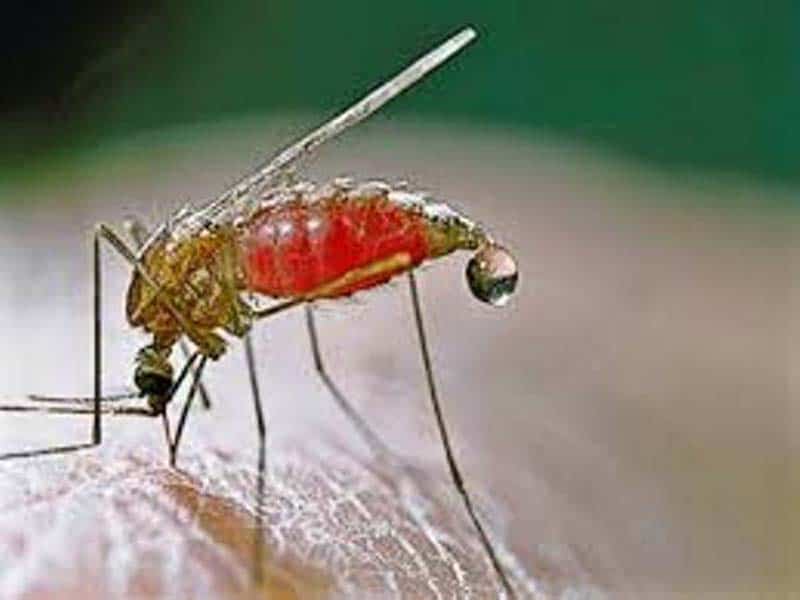NEW YORK: Components in the mosquito saliva can trigger an unexpected and long-lasting immune responses — up to seven days post-bite, say scientists.
The researchers found that more than 100 proteins in mosquito saliva are mediating the effects on the immune system, or may help the virus become more infectious.
Identifying these proteins could help design strategies to fight transmission of dengue fever as well as other diseases caused by viruses also transmitted by Aedes aegypti, such as Zika virus, chikungunya virus and yellow fever virus, the researchers said.
“We found that mosquito-delivered saliva induced a varied and complex immune response we were not anticipating,” said Silke Paust, Assistant Professor at Baylor and Texas Children’s Hospital.
“Billions of people worldwide are exposed to diseases transmitted by mosquitoes, and many of these conditions do not have effective treatments,” added Rebecca Rico-Hesse, Professor at the Baylor College of Medicine in Texas, US.
For the study, appearing in the journal PLOS Neglected Tropical Diseases, the team worked with a mouse model of the human immune system.
Previously, the team demonstrated that mosquito-bite delivery and needle-injection delivery of dengue virus in these “humanised mice” led to significantly different disease developments
They found that mosquitoes are not just acting like “syringes” to merely inject viruses, but their saliva seems to contribute significantly to the development of the disease.
In the new study, the team tested the effect of virus-free mosquito saliva on humanised mice and compared the results with those obtained from humanised mice that had not been bitten by mosquitoes.
Evidence to immune responses — up to seven days post-bite — was found in multiple tissue types, including blood, skin and bone marrow, the researchers said.
“For instance, both the immune cell responses and the cytokine levels were affected. We saw activation of T helper cells 1, which generally contribute to antiviral immunity, as well as activation of T helper cells 2, which have been linked to allergic responses,” Paust said.
“The diversity of the immune response was most striking to me. This is surprising given that no actual infection with any type of infectious agent occurred,” he noted.
IANS

